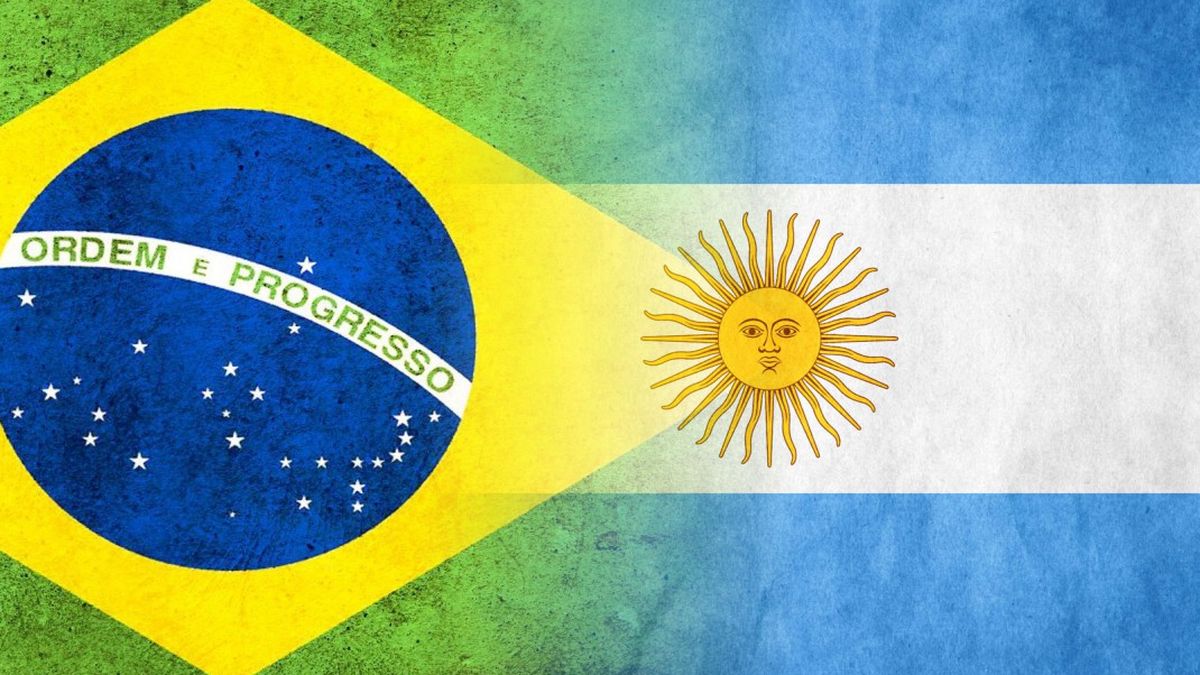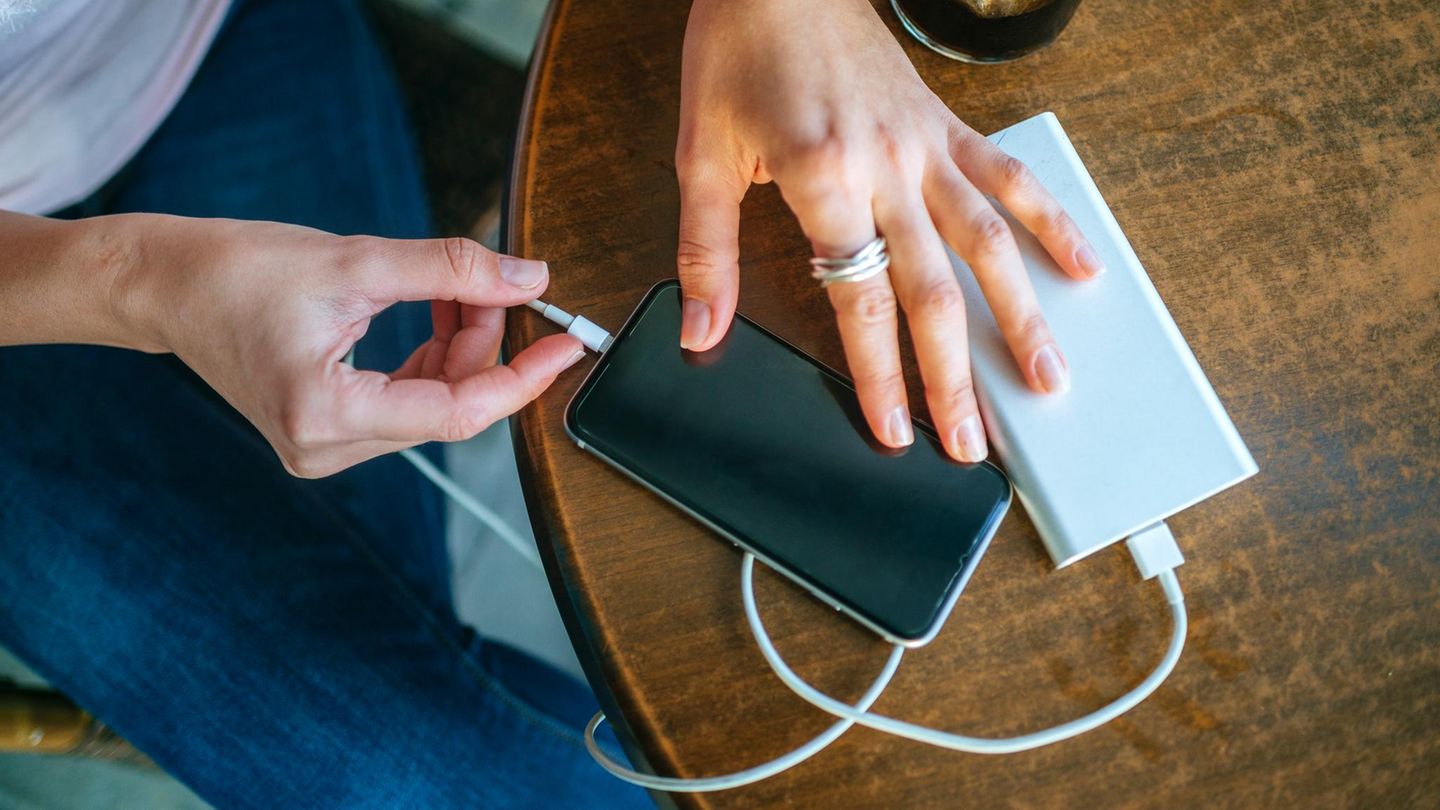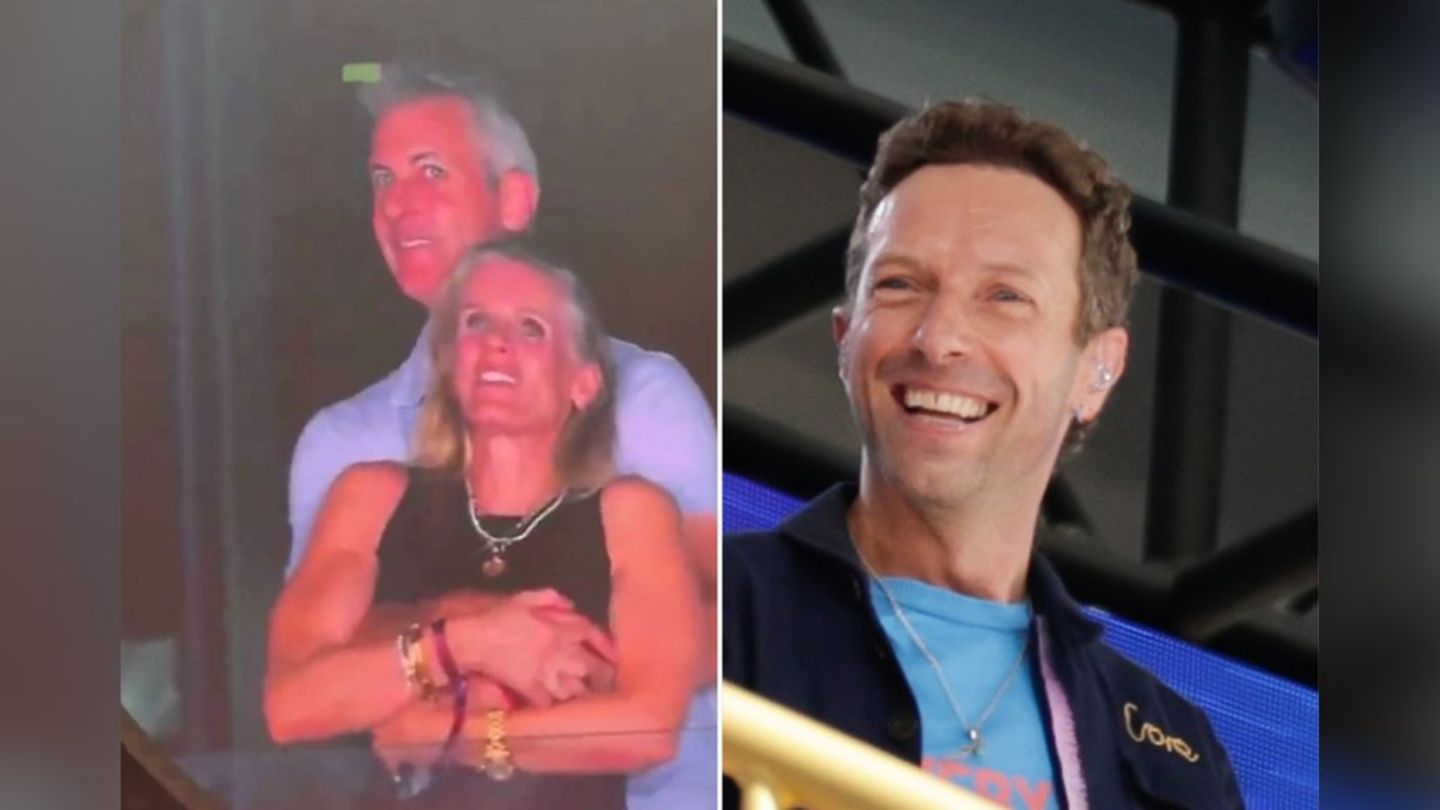The change of political sign in Brazil opens a new panorama in the region and in the bilateral relationship to develop these initiatives. Lula da Silva is expected to make trade within Mercosur and with her allies more dynamic. At the same time, there is a latent expectation that she will seek to consolidate the bloc as a negotiating platform with other actors.
A first kick of the renewed link could crystallize in the coming days. As Ámbito anticipated weeks ago, the negotiations for the Development Bank of the neighboring country to finance the second section of the Néstor Kirchner gas pipeline are advancing rapidly. On Monday, the Secretary of Energy Flavia Royón announced that it will be about US$689 million that will expand the capacity to transport gas by 30%.
In this line, the official of the portfolio led by Sergio Massa, maintained that “the first section (from Tratayén to Salliqueló) will culminate in June 2023 and will mean savings of US$ 2,200 million in imports and subsidies” and completed: “Regarding the second tranche, we have obtained financing for US$689 million from the National Development Bank of Brazil and US$540 million from the Andean Development Corporation.”
The negotiations that began months ago with the Brazilian Minister of the Economy, Paulo Guedes, an extremely trusted official of Jair Bolsonaro, continue despite the result of the last elections. “We are working very hard together with ENARSA, the National Secretariat of Energy and the Ministry of Economy so that Brazil finances the next stages of the Néstor Kirchner Gas Pipeline,” they confirmed to this medium from the Argentine embassy in Brazil.
On this point, they stated: “last week we met in Brasilia with the authorities responsible for the issue to establish a financial structuring scheme that is convenient for our country. We are in contact with Lula’s transition team and we hope to make progress in the coming days.”
More financial initiatives
Last week during the Mercosur summit, President Alberto Fernández raised the idea of a common Central Bank for the countries that make up the bloc, something that has been discussed with the Brazilian government. The initiative is part of an ambitious integration plan that Daniel Scioli promotes in Rio de Janeiro.
The set of initiatives reported by Ámbito weeks ago is also considering other alternatives to reinforce the financial level, such as the implementation of a swap and even a system of payment for imports with local currencies. Scioli himself, in an interview with Radio 10, explained that there have already been meetings between the central banks of both countries to analyze the initiatives.
A new menu was added to these projects in the options menu. This is a path that the Foreign Ministry explored with others such as China and Russia itself, prior to the start of the war, the assignment of Special Drawing Rights. They are up to US$8.500 million that the International Monetary Fund granted to the country that Lula will preside over starting in January. In the Government they slip that possibility unofficially. Officially, no one confirms it. But they don’t rule it out either.
Source: Ambito
David William is a talented author who has made a name for himself in the world of writing. He is a professional author who writes on a wide range of topics, from general interest to opinion news. David is currently working as a writer at 24 hours worlds where he brings his unique perspective and in-depth research to his articles, making them both informative and engaging.




